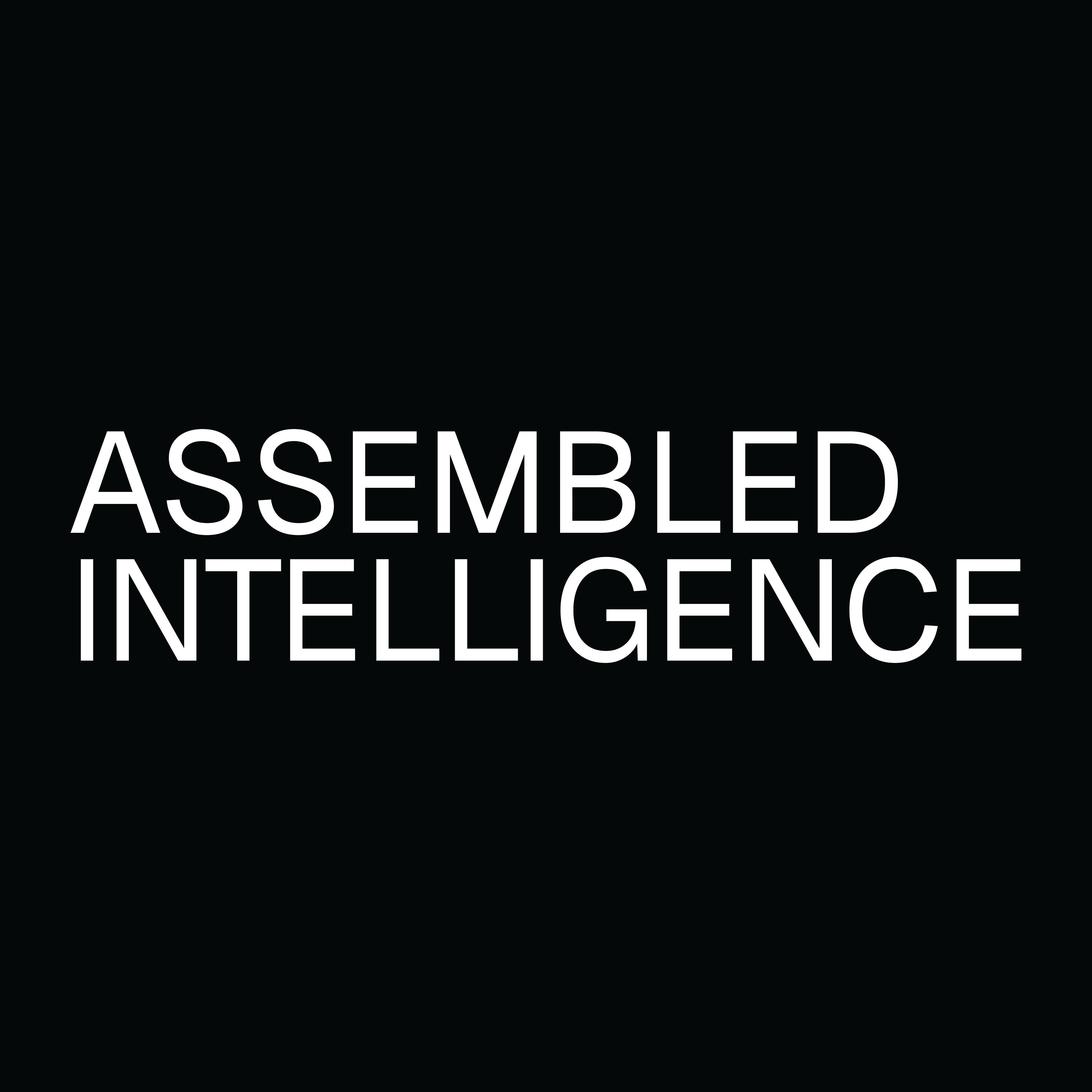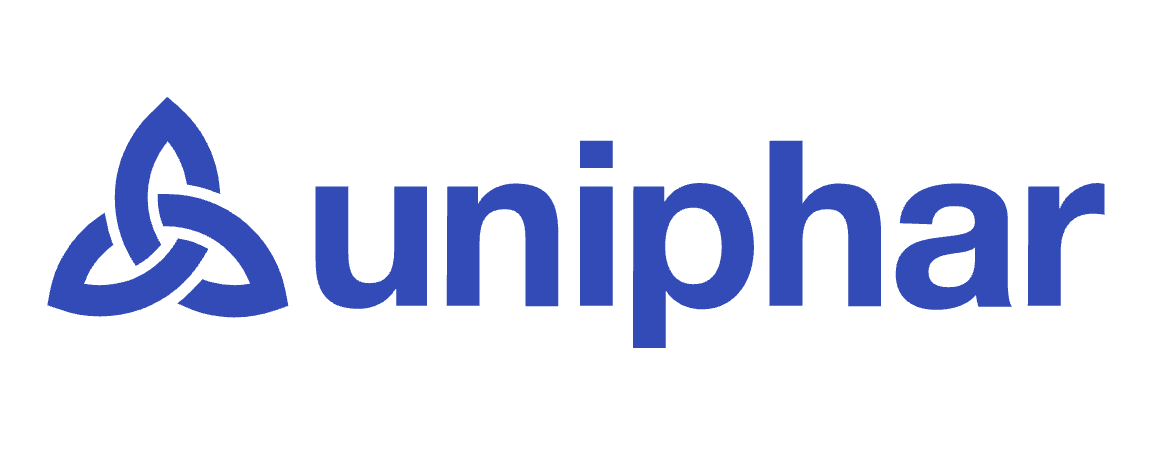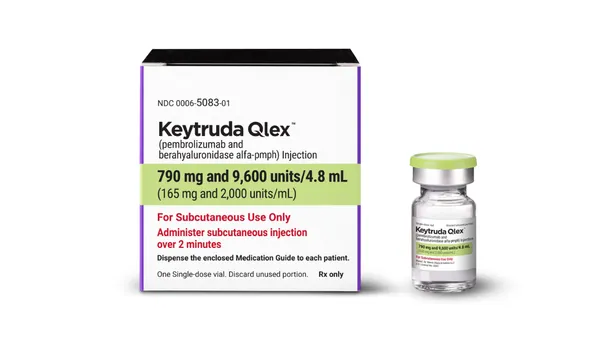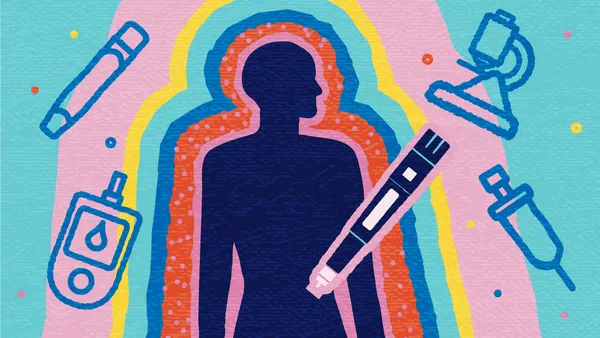Medical education is as important as ever for pharmaceutical, biotechnology, and medical-device companies. More important, however, is assessing the value that these programs bring to a physician in terms of behavior change and improving patient care. A Cutting Edge Information report, which studied medical-affairs expenditures, lists medical education second only to research and clinical operations in terms of budget allocation. A distant third was thought-leader management/medical science liaison. The comittment to budgetary allocations for medical education is no doubt a result of regulations and guidelines that severely limit how manufacturers and marketing partners can speak to consumers, especially during pre-launch and the first year a new product is on the market. It is well documented how hard it is for a pharmaceutical company sales representative to get an audience with a physician, and how brief these meetings are when they occur. There’s just not enough time to provide the physician with the information he or she needs to fully understand what treatments are available for a given disease or condition. While medical education alone cannot solve the problem of improving patient care, it can be effective in providing physicians with the information they need to make better decisions when treating their patients. In this month’s Forum, industry thought leaders concur that they are meeting with little, if any, resistance in obtaining budgets for medical education and CME programs, as long as there are solid outcomes and needs-assessment metrics attached to the grant or program. While physicans still attend traditional CME events, they also are flocking to the Internet for their CME needs. And why not? They can attend a CME course on their own terms at their convenience. Even more powerful, they can choose courses based on the current needs of their patients. If a physician is treating a patient for an unusual illness, there is probably an eCME course on that condition available to the physician immediately — no waiting, no travel. According to a Manhattan Research study, more than 75% of physicians polled plan on attending an eCME disease-education course, and more than 25% plan to access an eCME downloadable file, such as a Podcast. These numbers should continue to climb each year as the medium matures. But no matter what technology or format the program embodies, compliance with association and regulatory guidelines is still a top priority for sponsor companies and their medical-education provider partners. Organizations strive to maintain high CME compliance marks through governing bodies, such as the Accreditation Council for Continuing Medical Education (ACCME). For more information about the ACCME, visit http://accme.org. The organization’s “Documents and Forms Library” alone is well worth the trip. Sponsors can download a list of accredited providers by ACCME and by state medical societies. Providers can stay up on the current accreditation process for CME for first-time applicants as well as ACCME-accredited providers. Daniel Limbach CME provides an unbiased, balanced, noncommercial approach to training physicians on the extremely complicated practice of medicine. Daniel Limbach Managing Editor VIEW publications Letter from the Managing editor VIEW on Medical Education August 2006
An article from


Letter from the Managing Editor
Filed Under:
Commercialization










